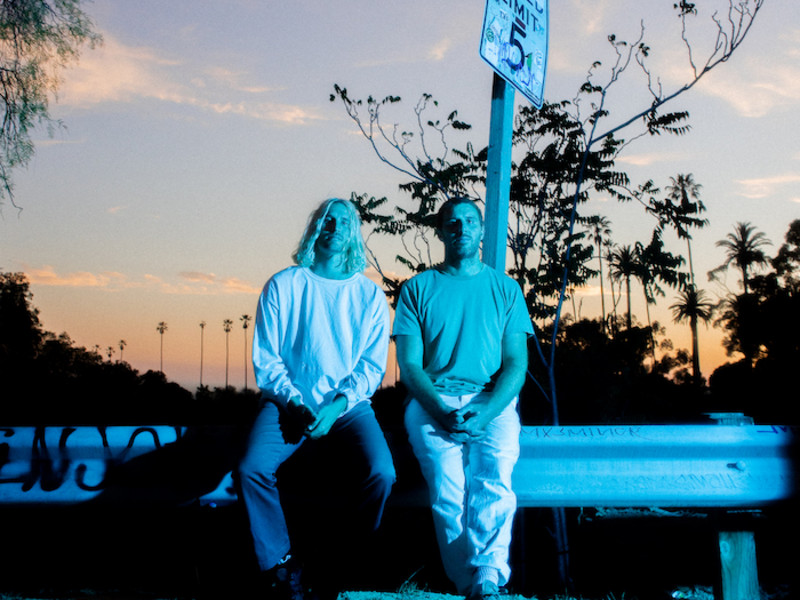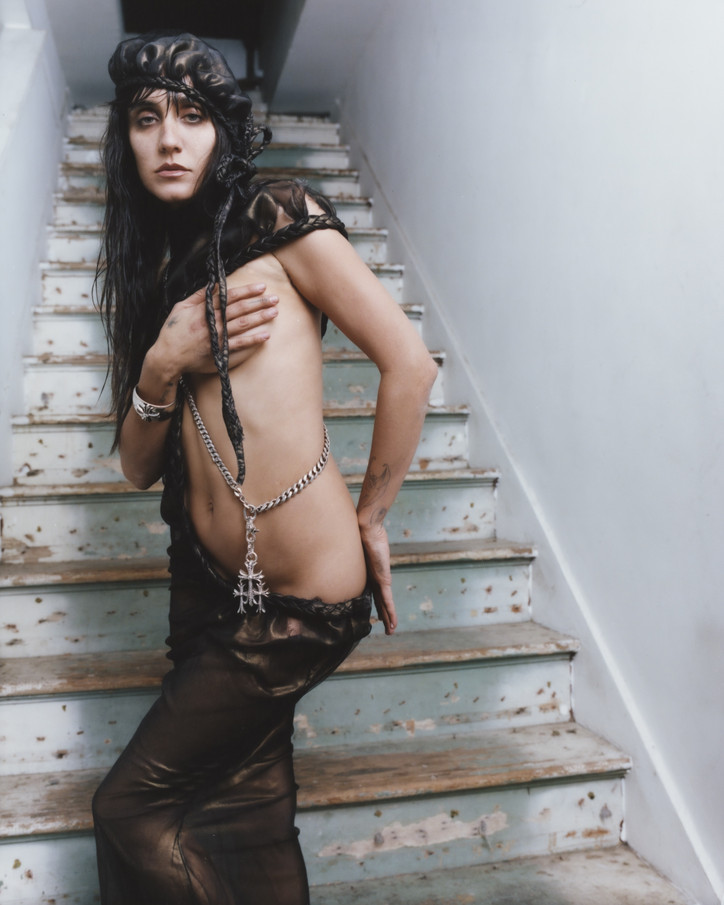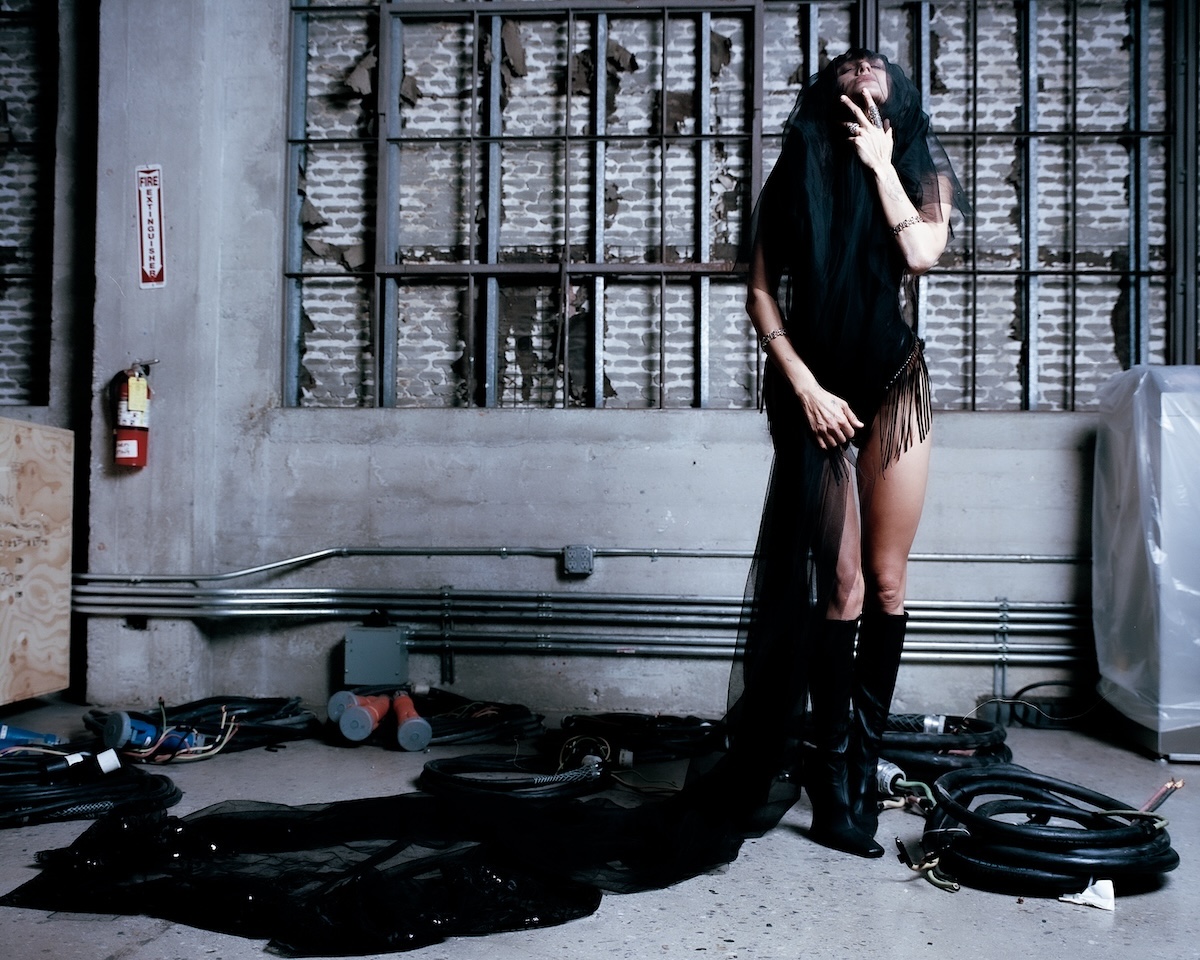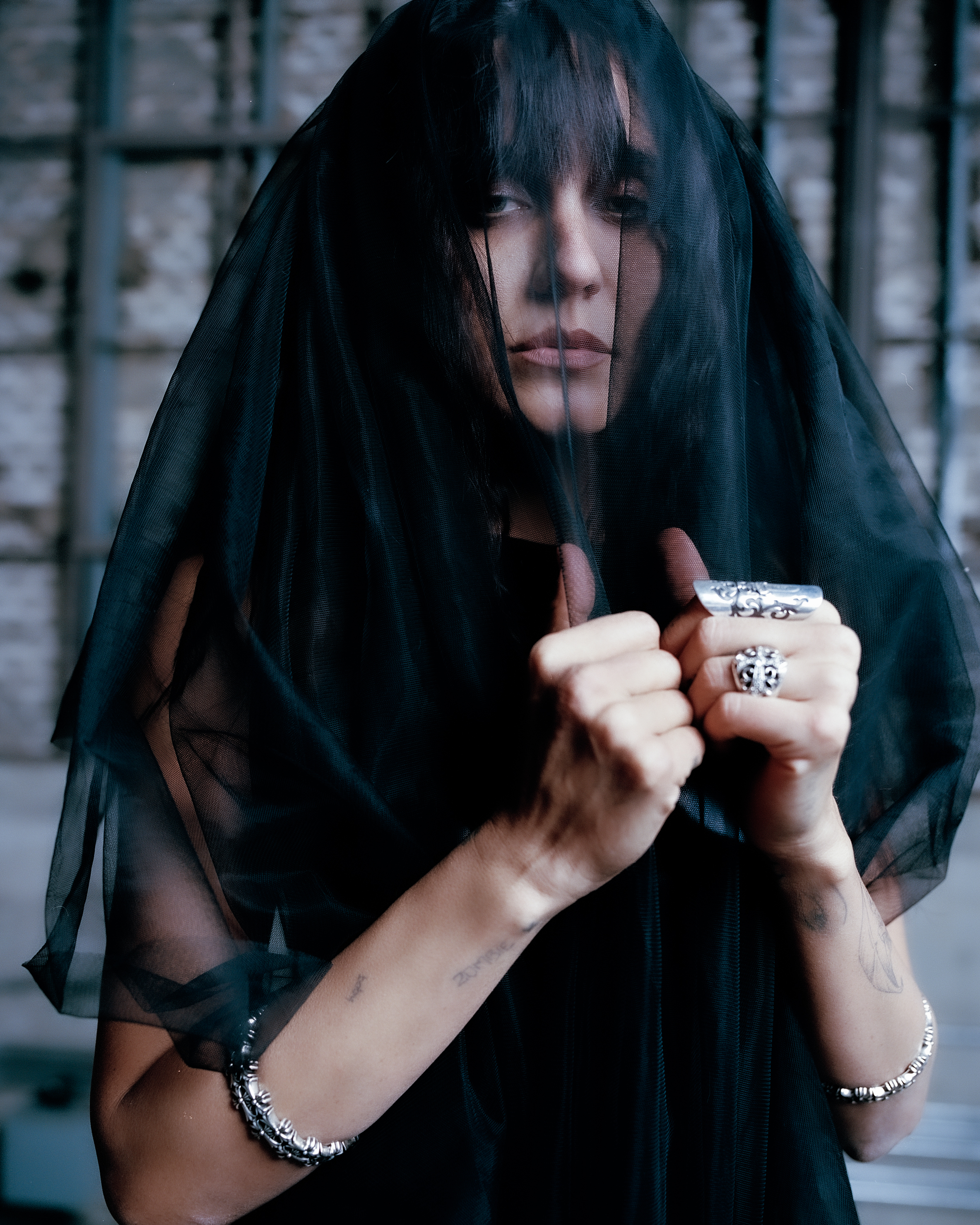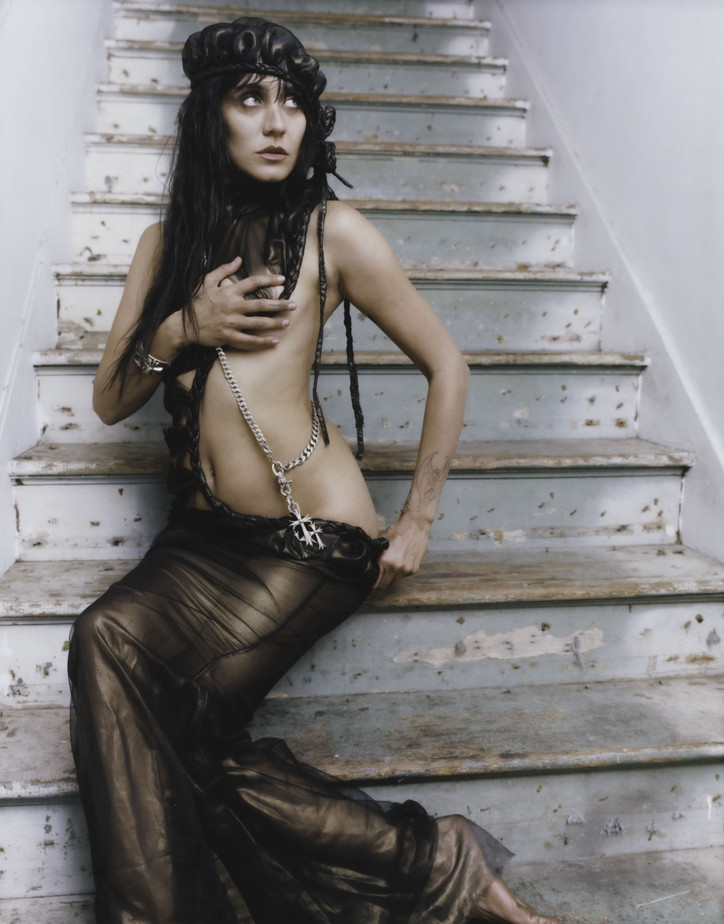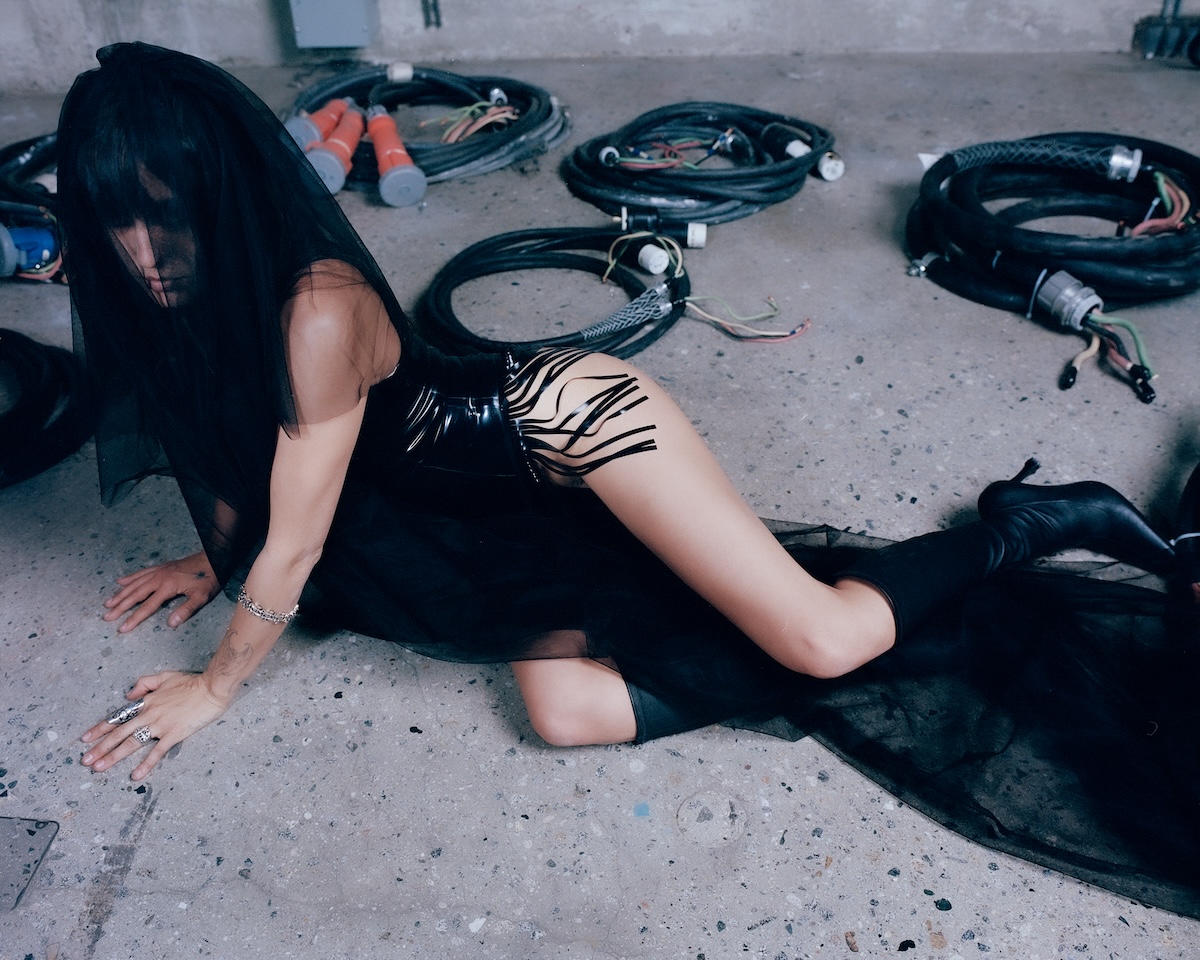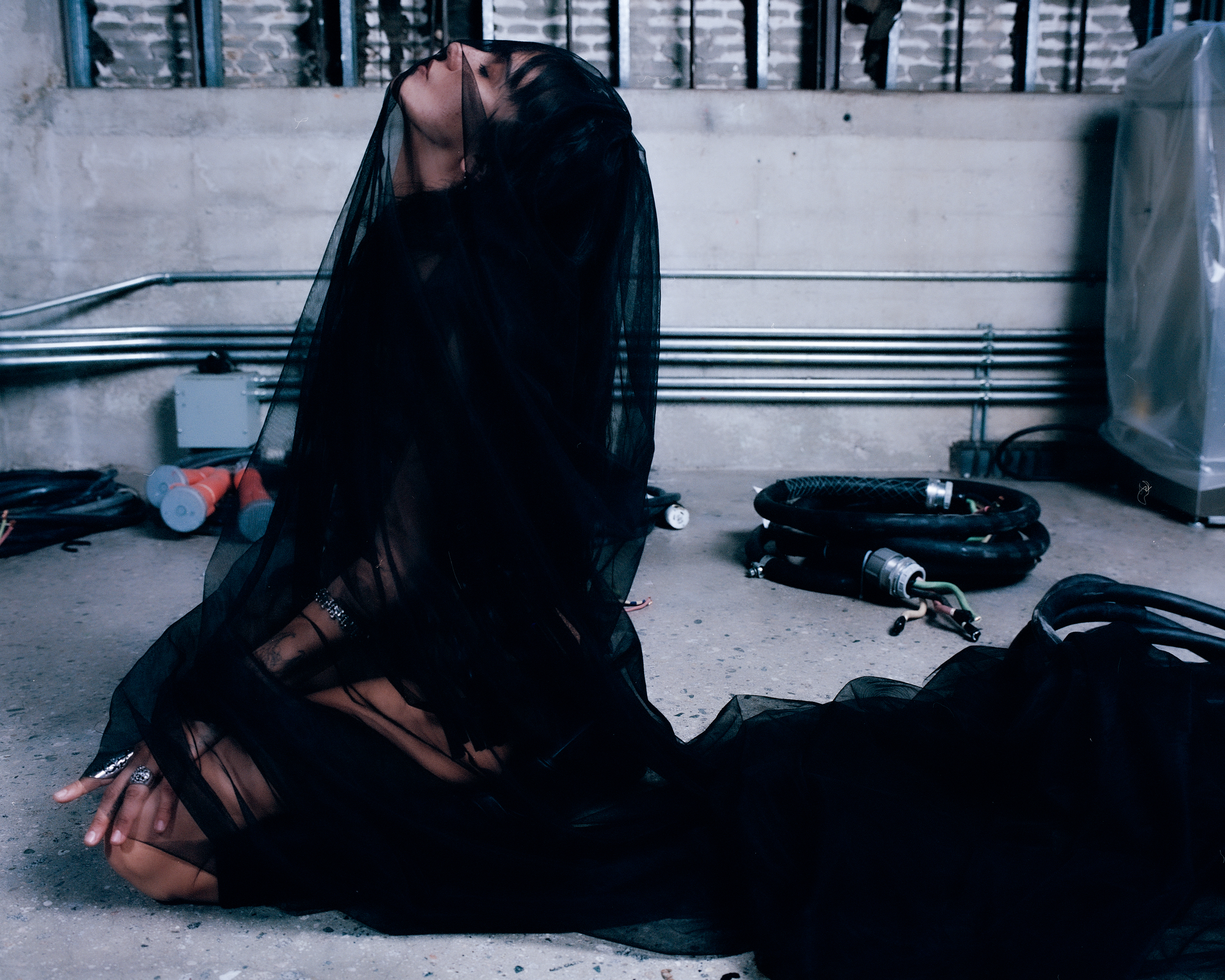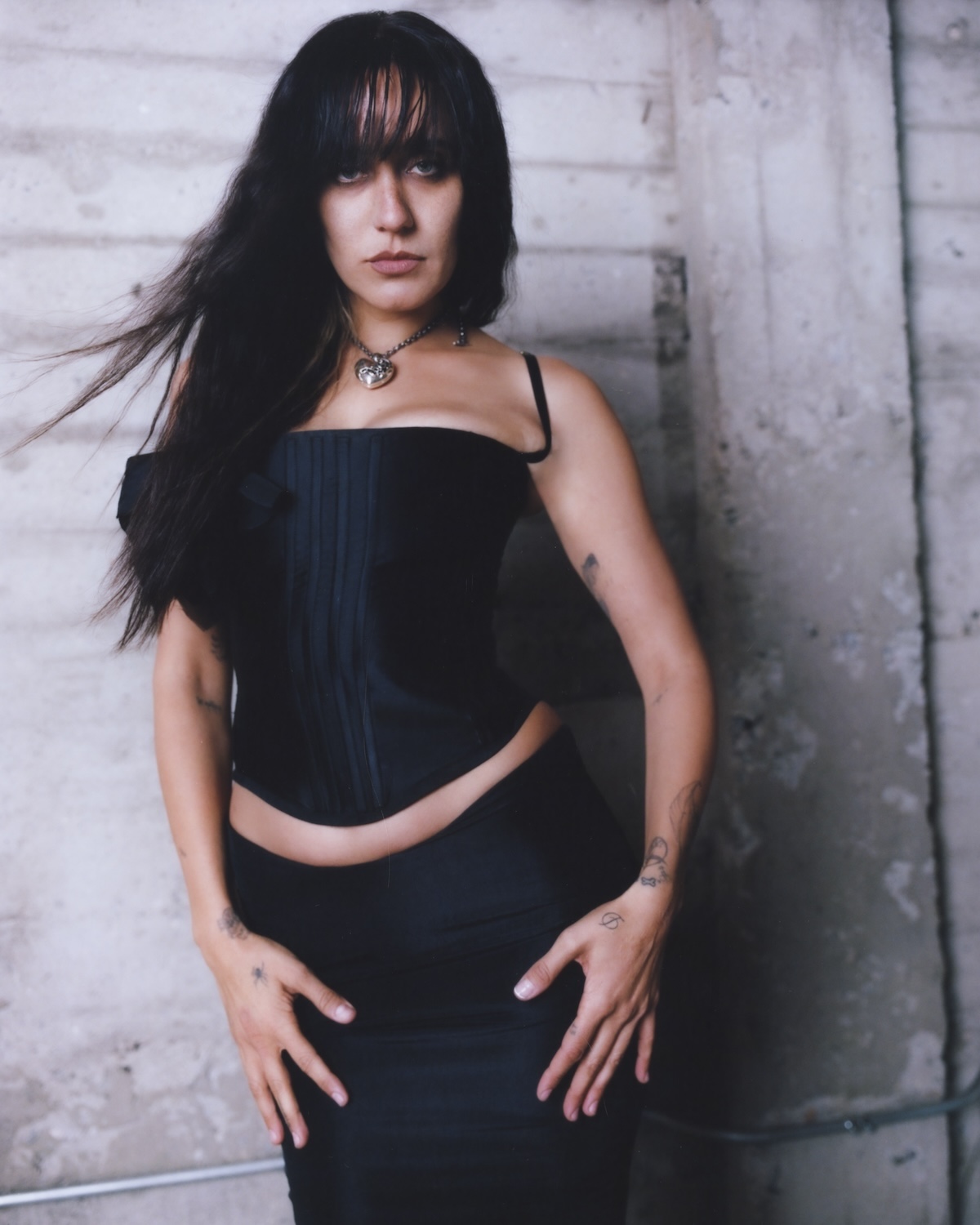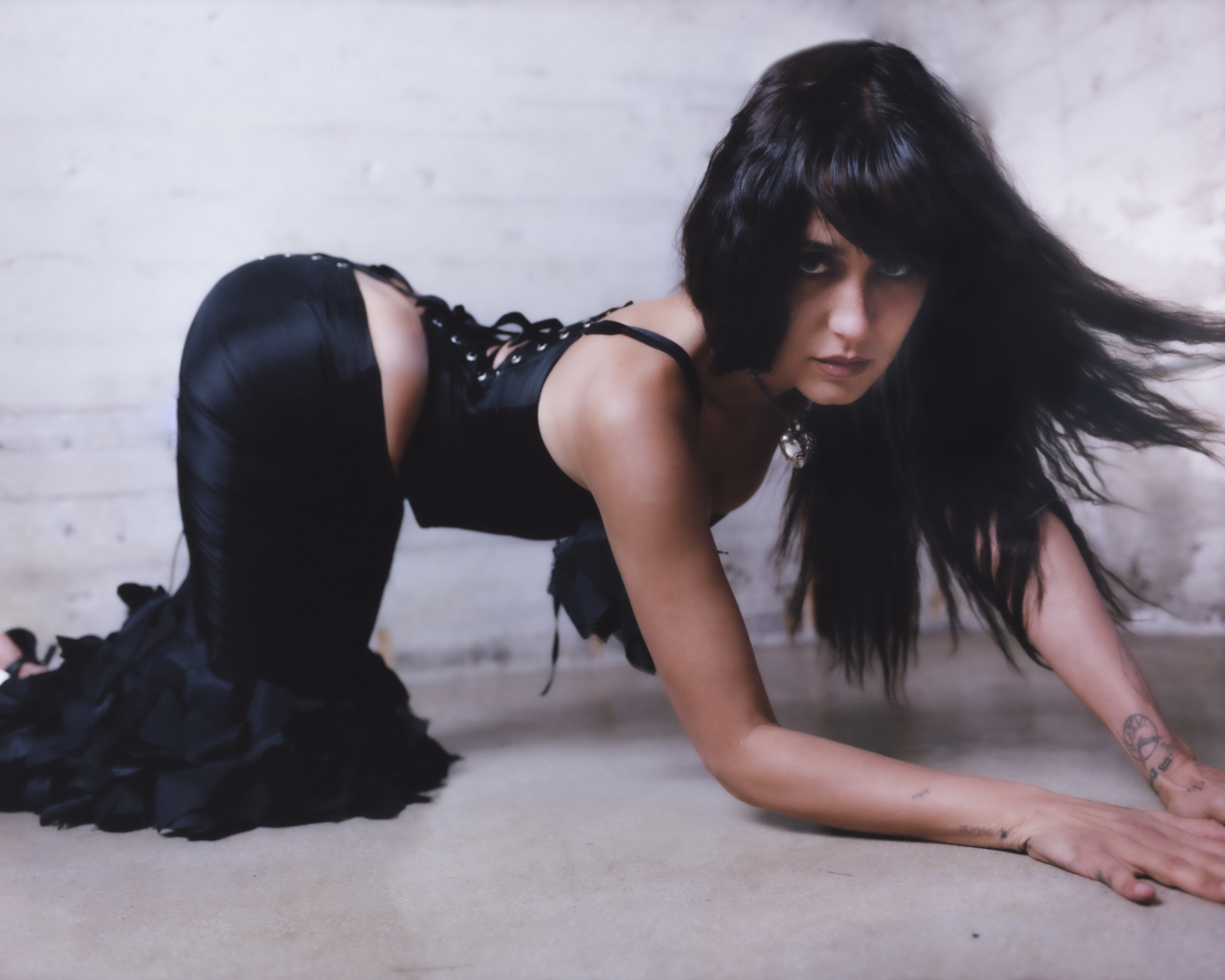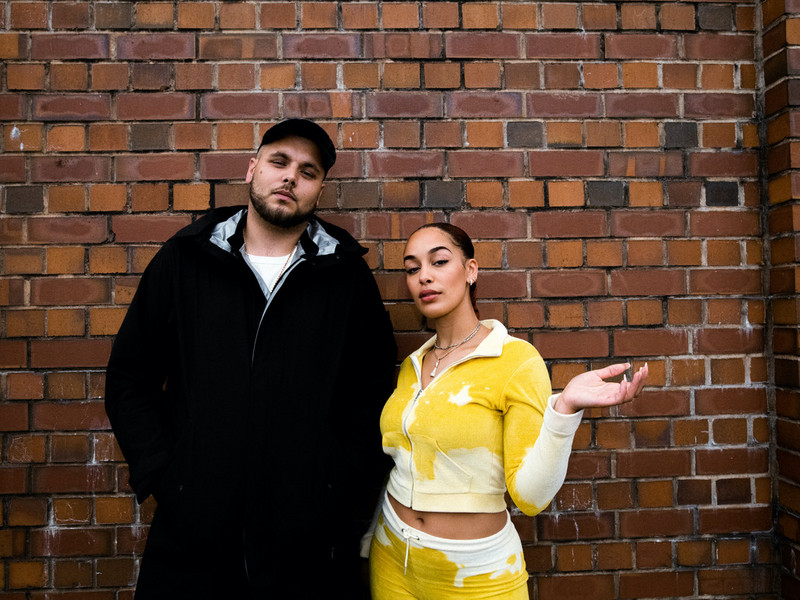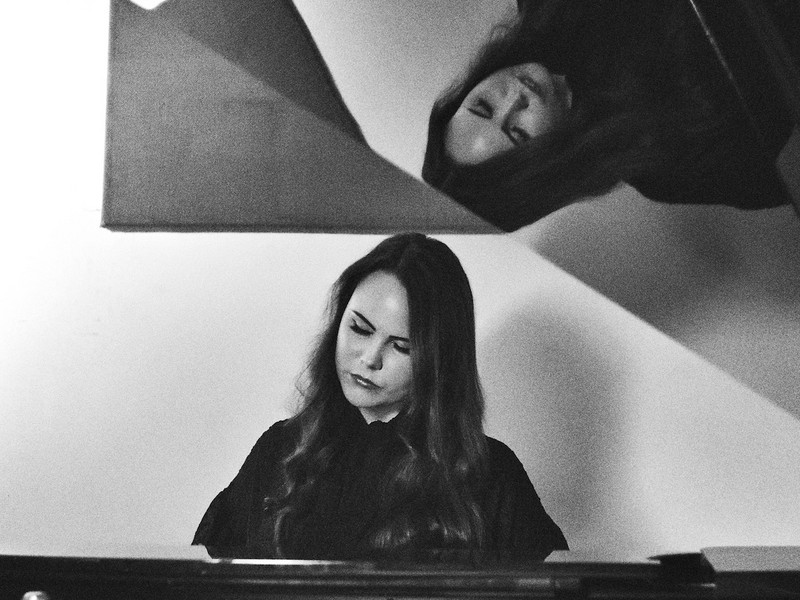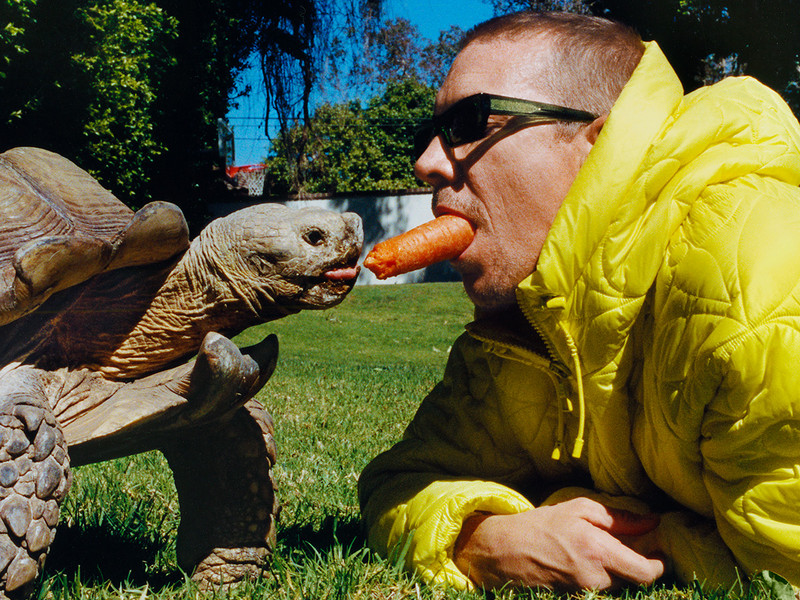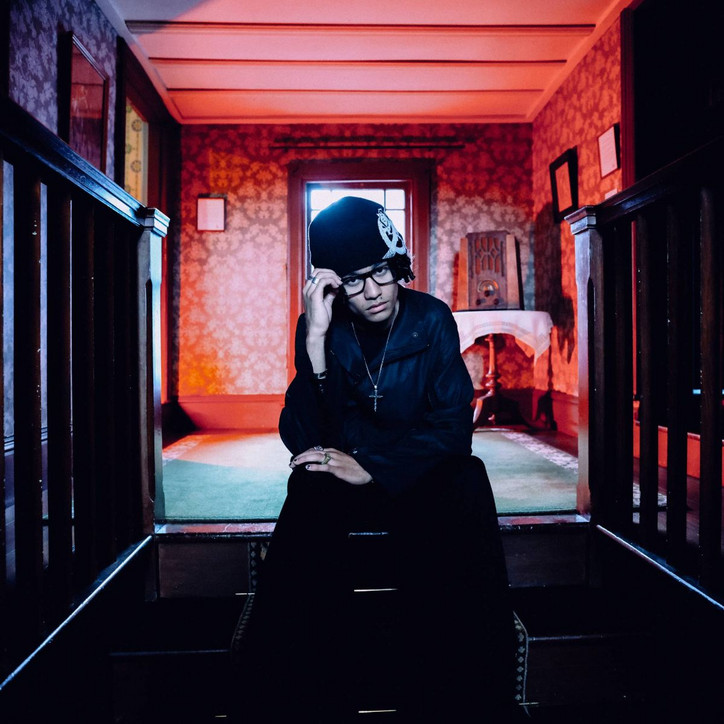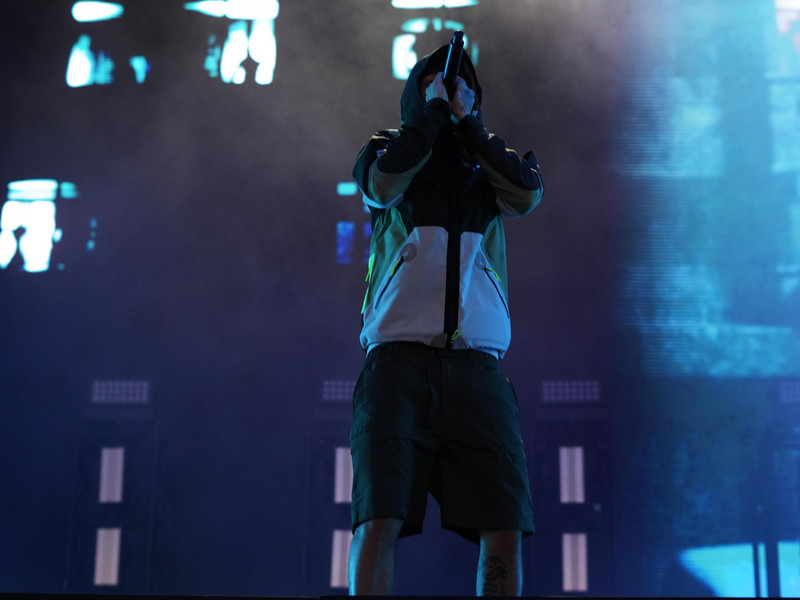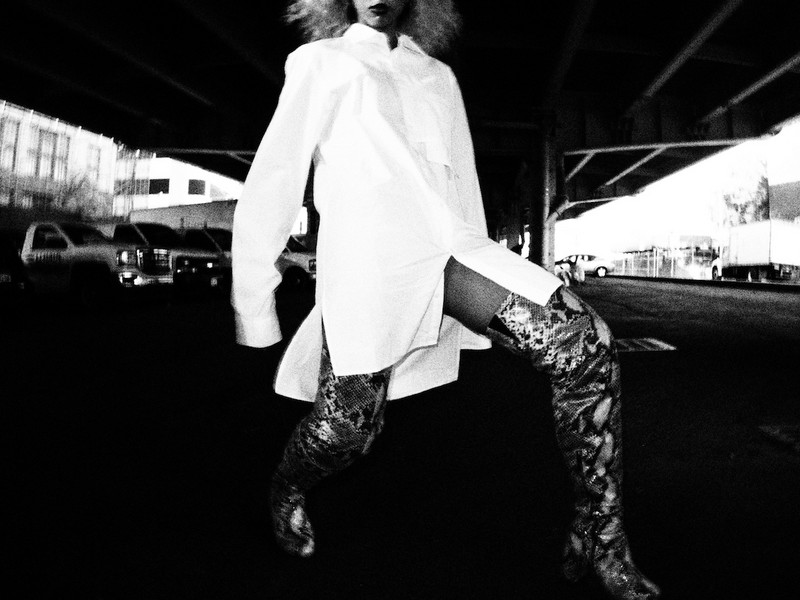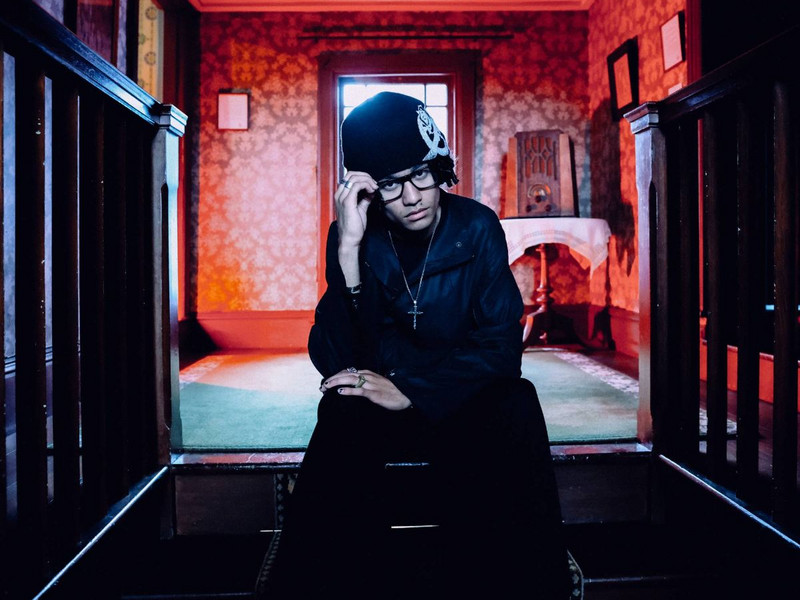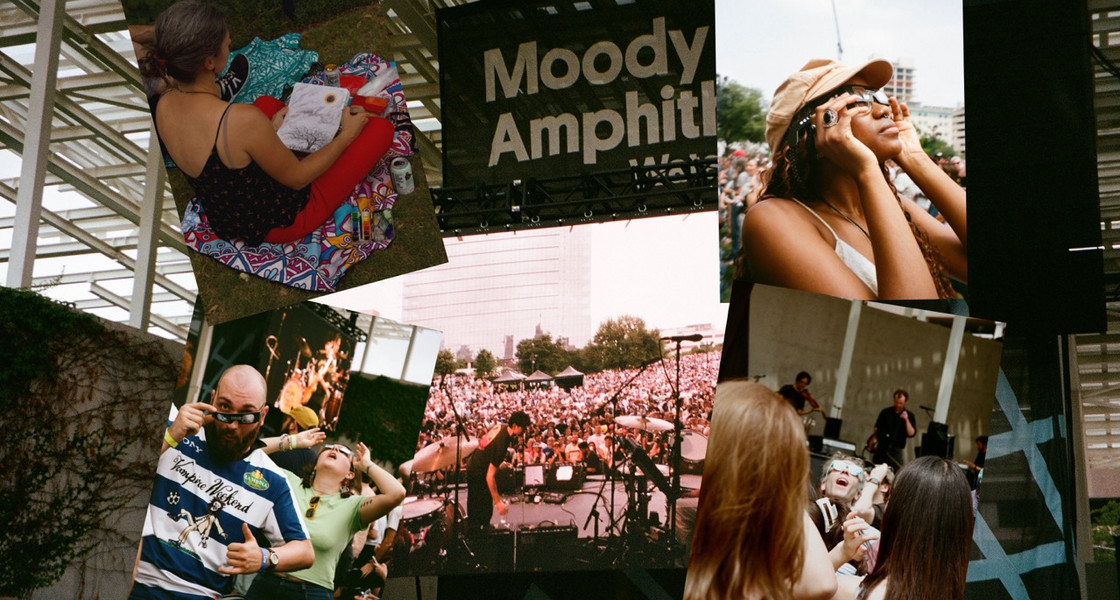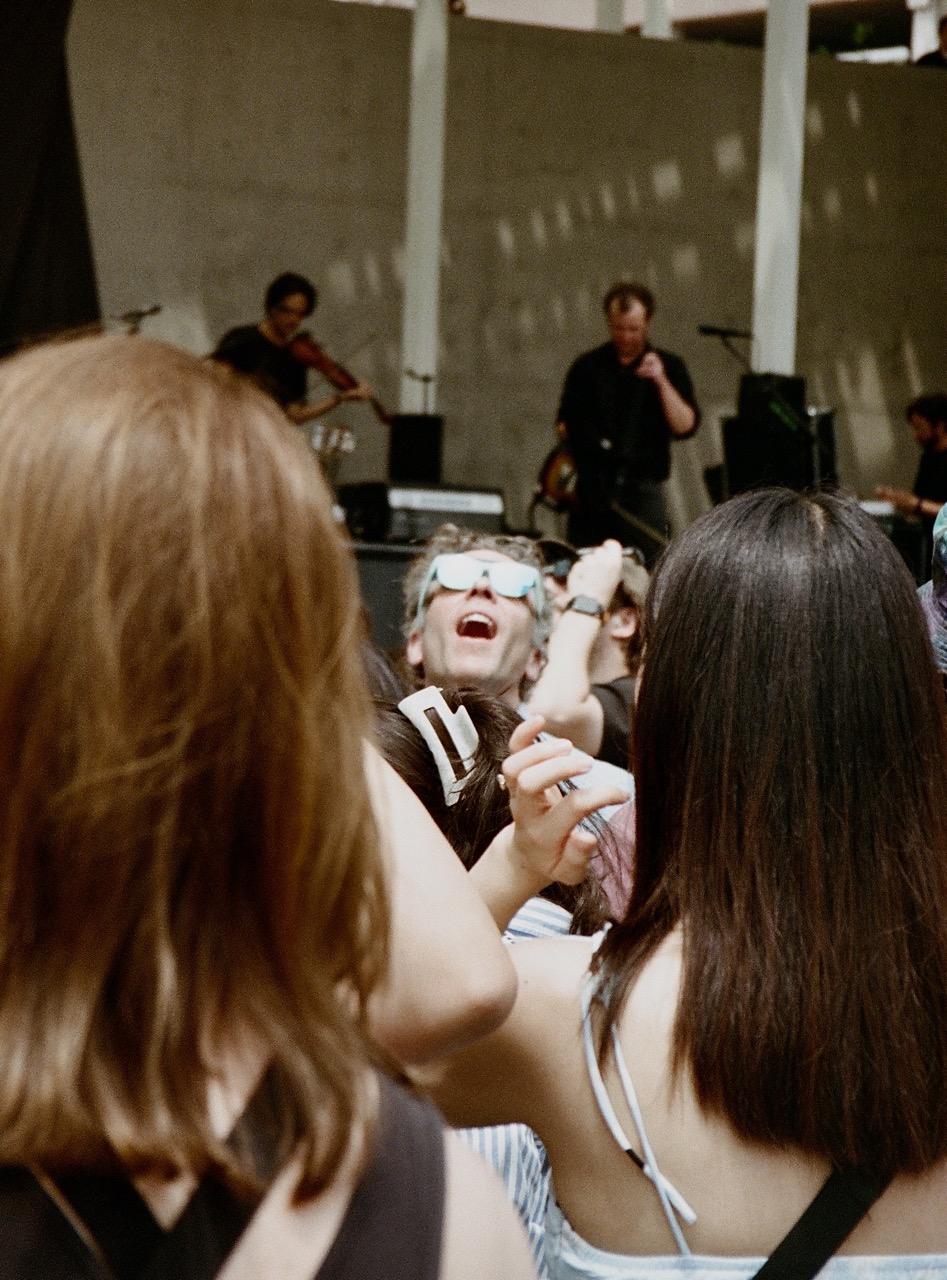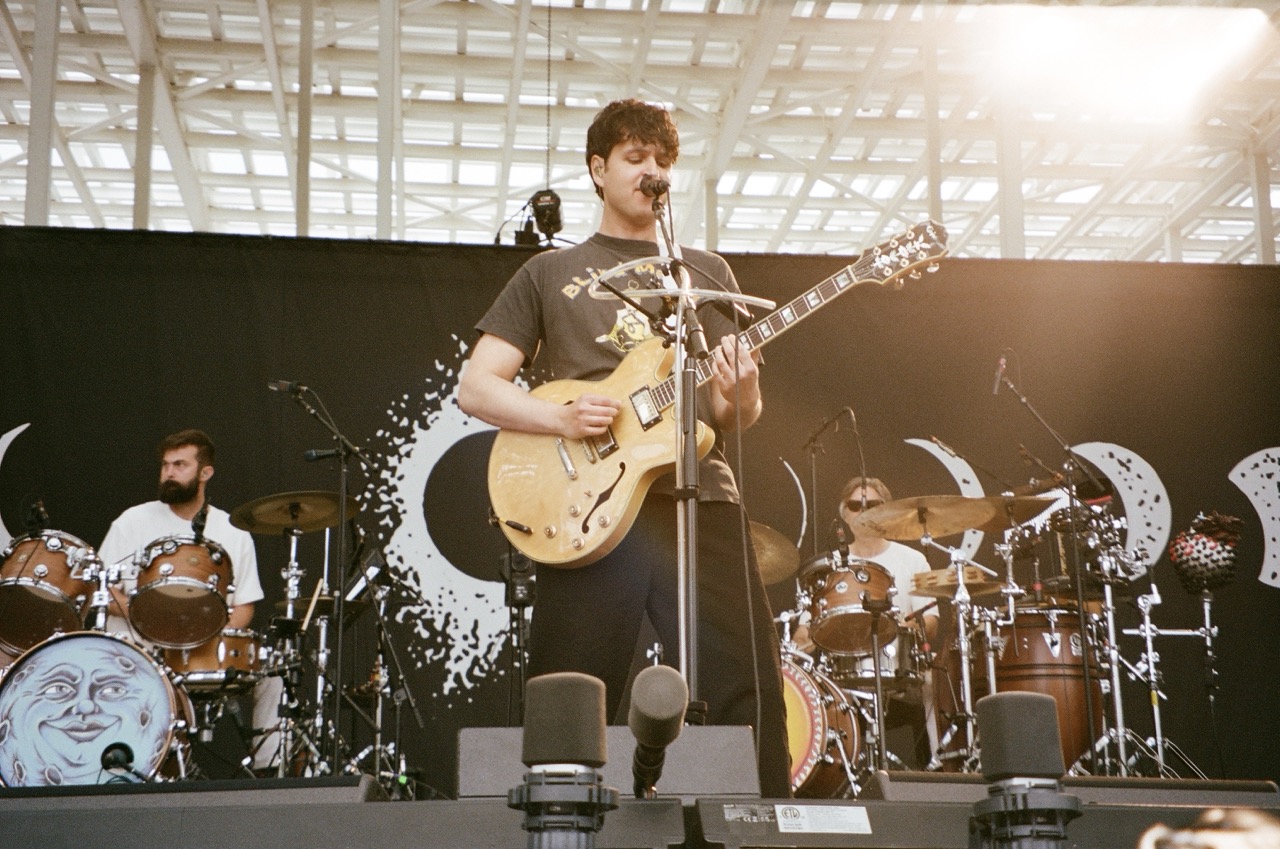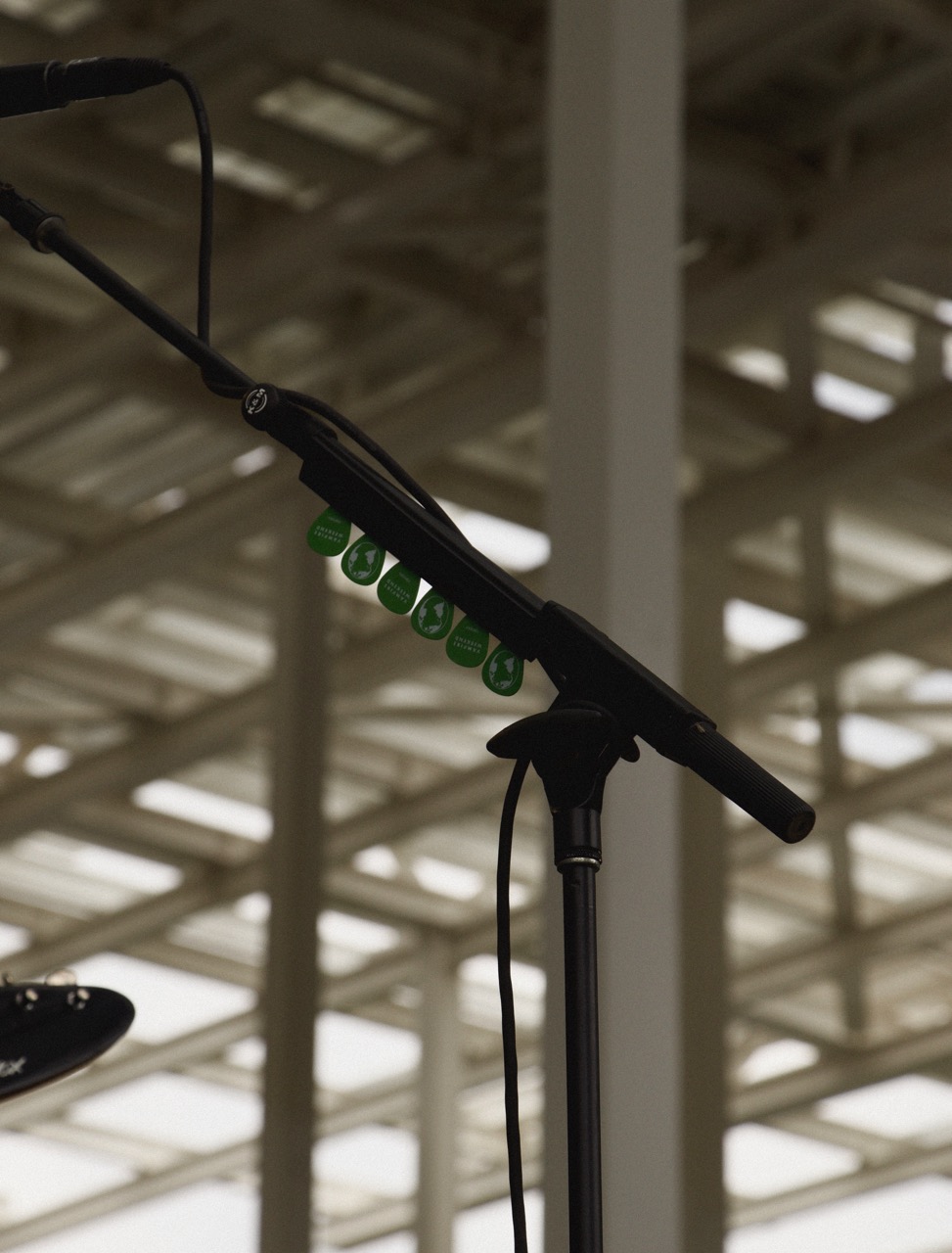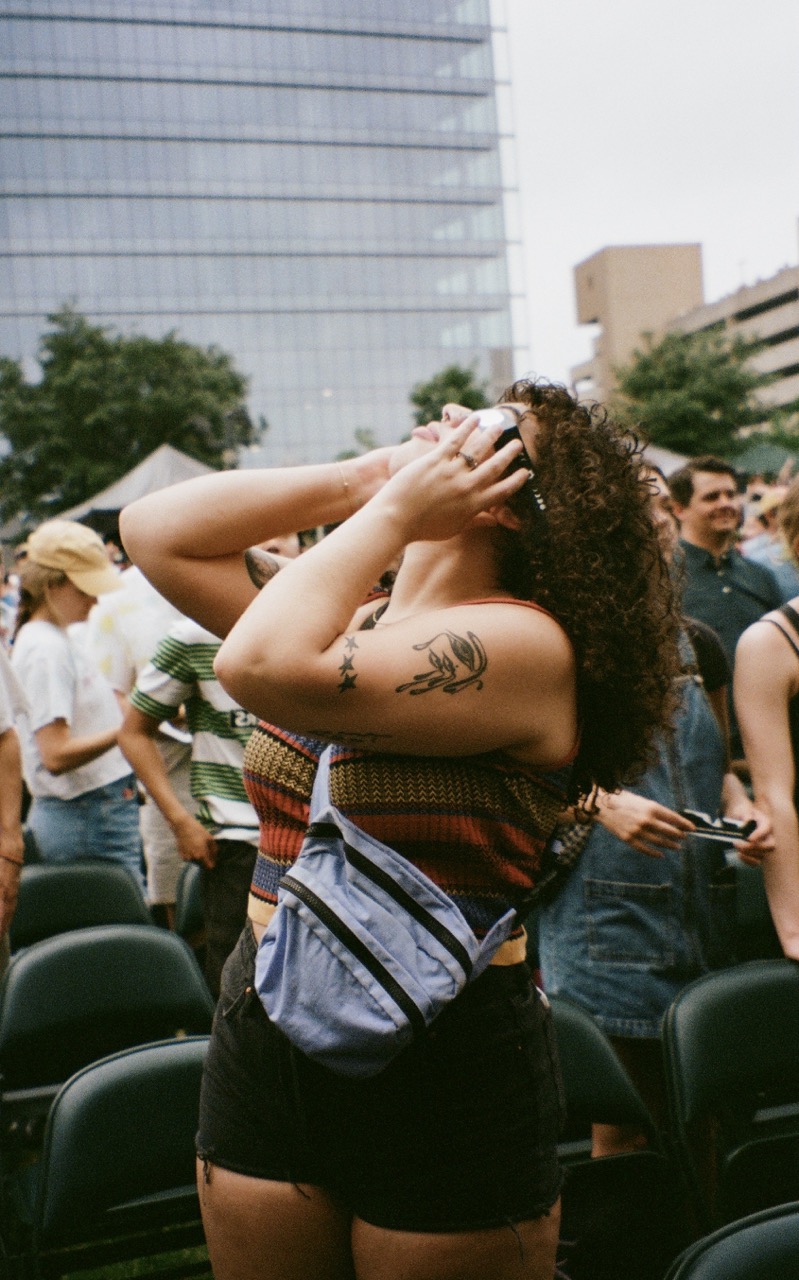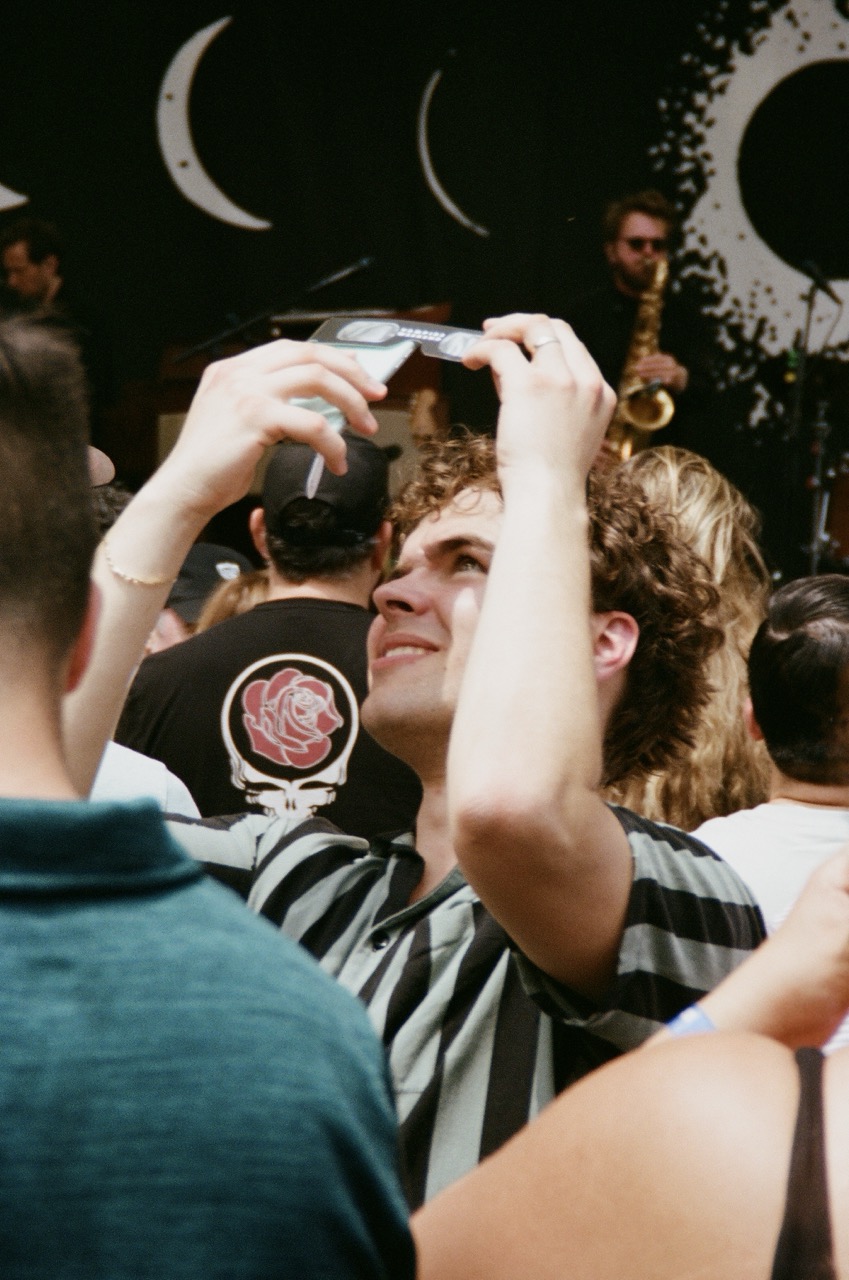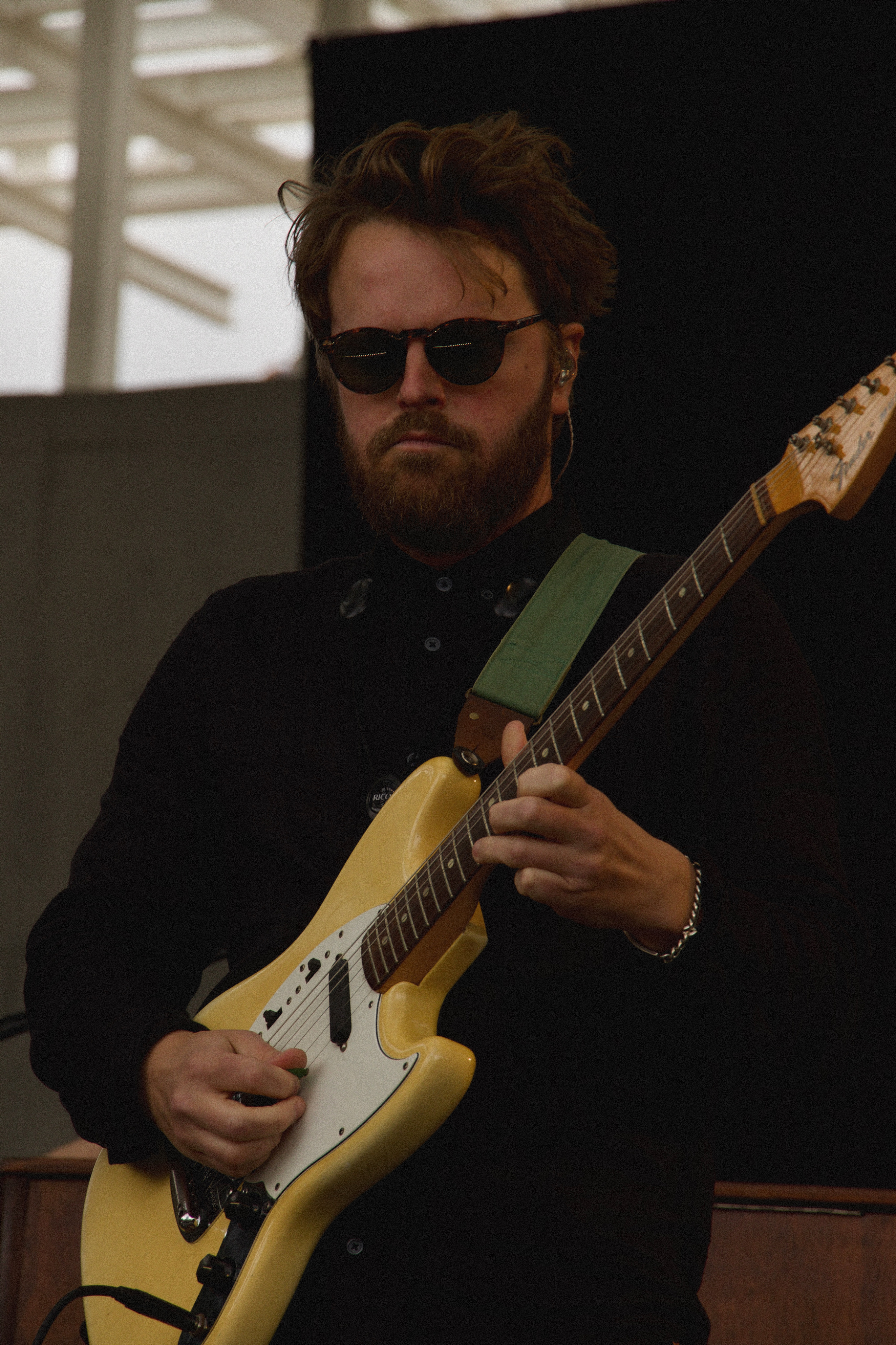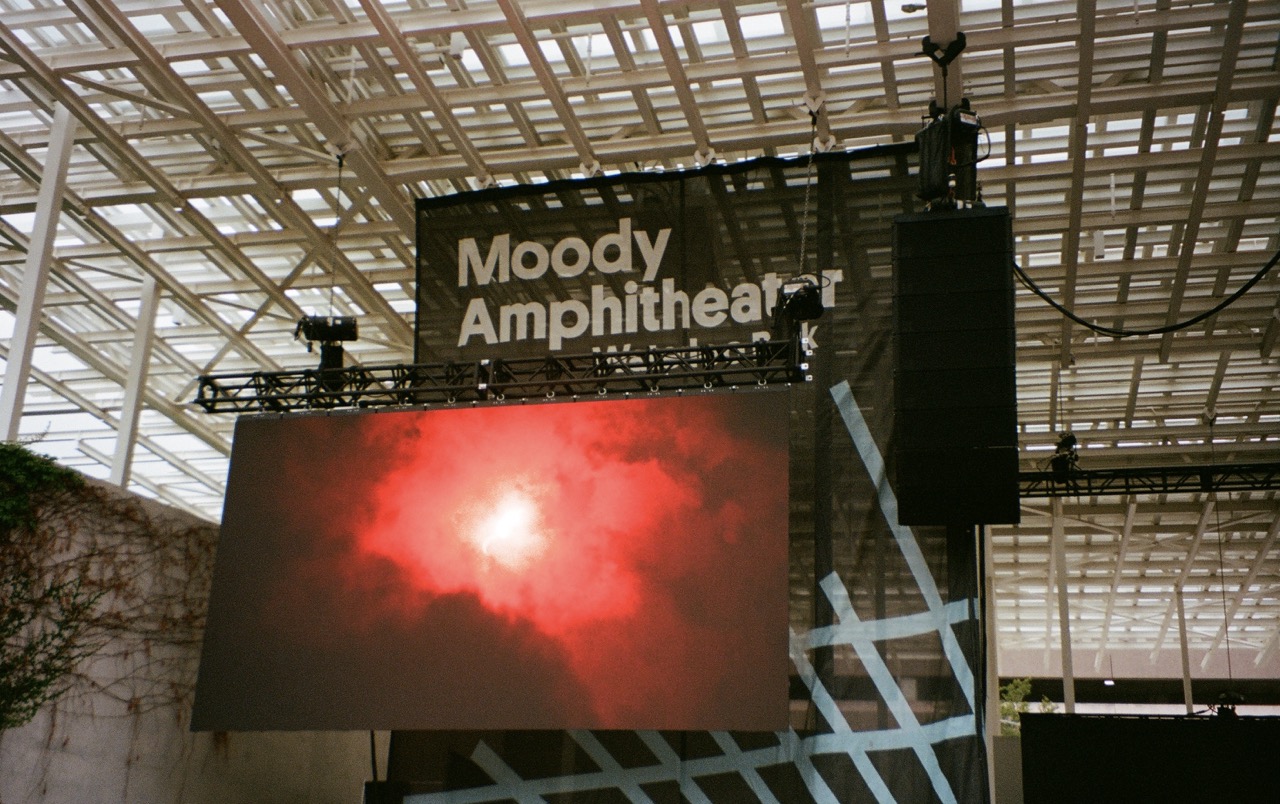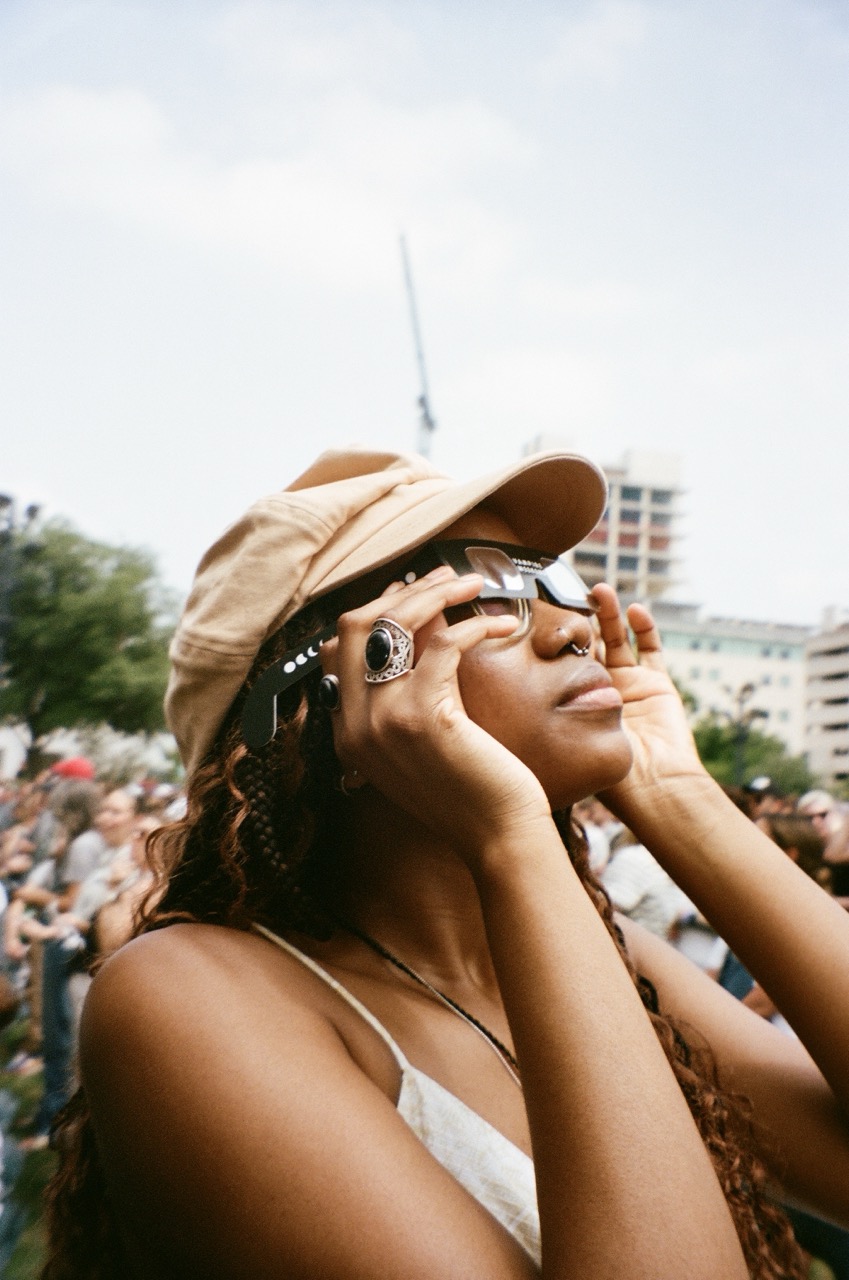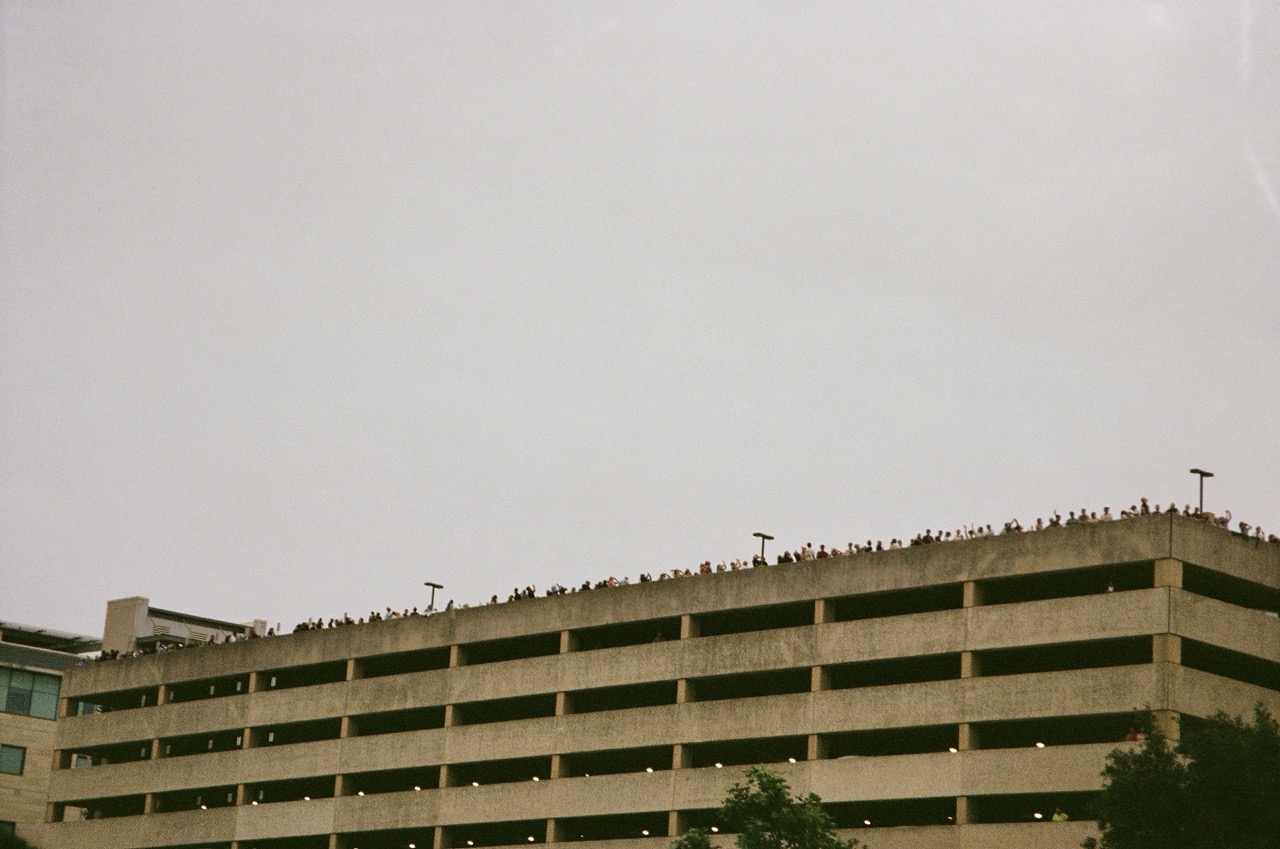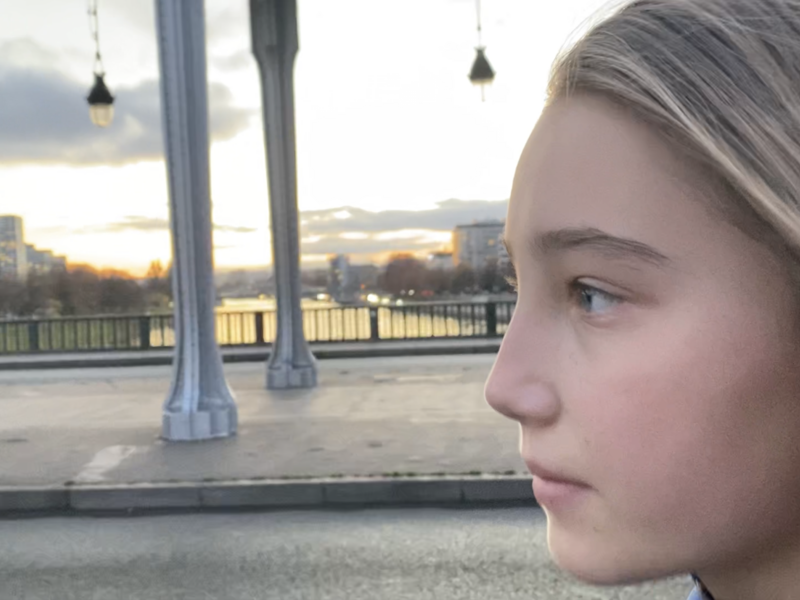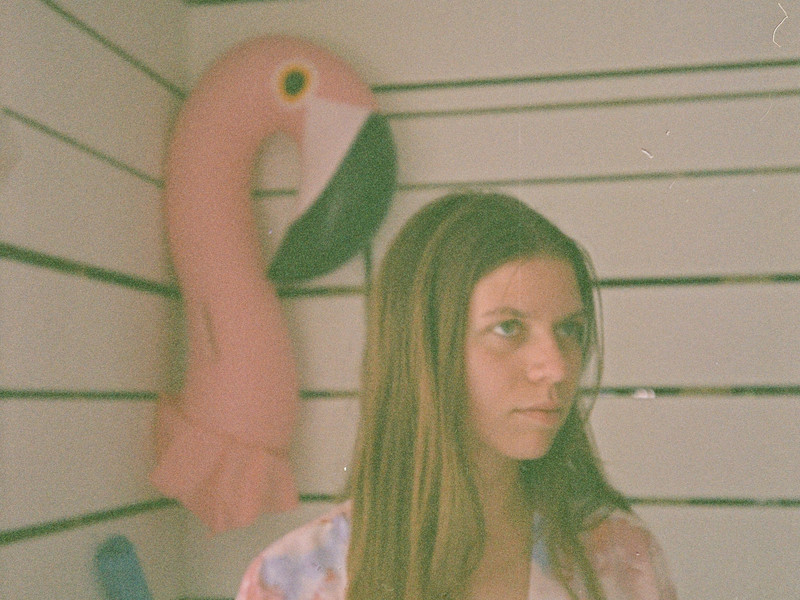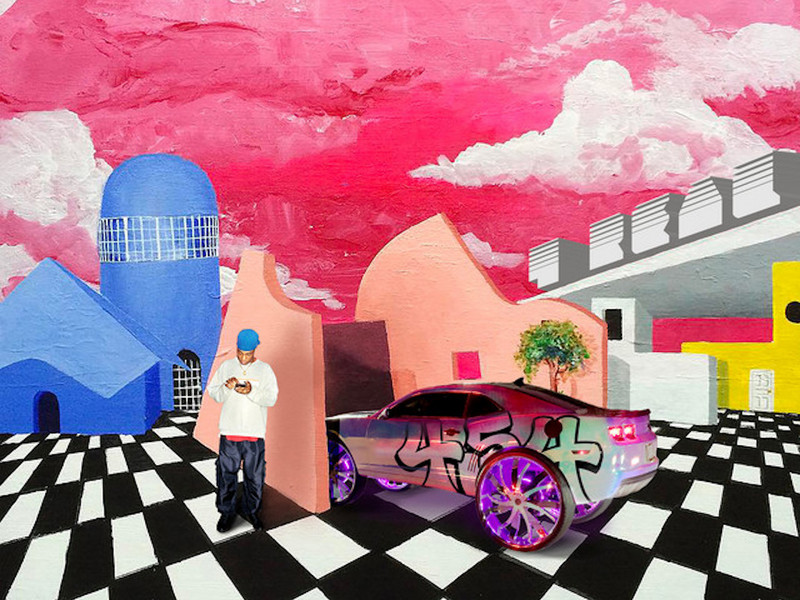Sid Sriram’s Digs Deep
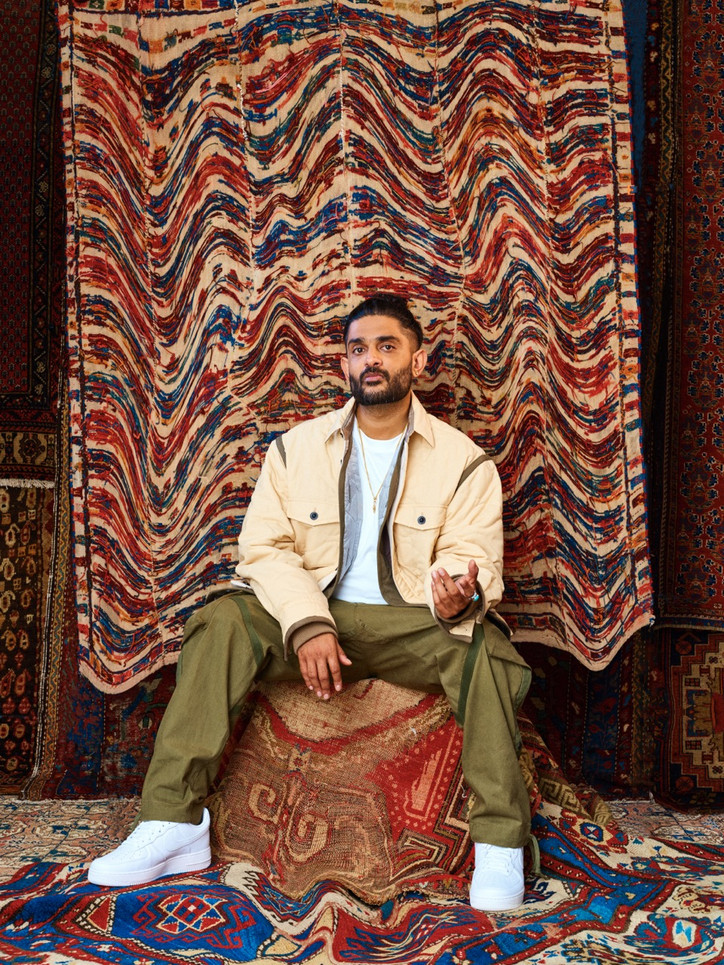
The 13-song experimental album showcases a breadth of musical range, seamlessly intertwining influences from pop, R&B, indie rock, and gospel with an ancestral form of Carnatic music from Southern India. Across the span of 57 minutes, the listener becomes enmeshed in an emotional out-of-body experience – a masterclass in the potency of musical intention. With each track it becomes increasingly evident that this isn’t a commercial endeavor, instead a search and pursuit of truth through an intimate exploration of music as a medium of cross-cultural artistic expression. “I believe that my purpose is to make and perform music that is spiritually charged and allows for healing,” he says. “There is this misconception that healing or spirituality from the East is all super quiet and peaceful and that is definitely an aspect of it. There is also this rawness – not aggressiveness but a certain kind of edge. It's not always going to be pretty and calm but sometimes very energized and intense in a way that is less refined.”
Twelve years ago, Sriram posted a viral Frank Ocean cover (“We All Try”) to YouTube which served as a springboard for his career. Since then, he’s gone on to work with one of the world's foremost contemporary composers, A.R.Rahman, and has been featured on more than 250 tracks throughout countless award-winning Indian-language films. This summer the Tiny Desk Concert, previewing his single "Dear Sahana,” amassed more than a million views across social media platforms and was met with rave reviews. Accruing accolades aside, Sidharth stands on its own as a tonic for the ego – simply press play and prepare to delve beneath the surface of the subconscious and beyond.
Here, Sriram walks us through his origin story: from how he got his start in Indian cinema music as a kid from California to tapping into the state of flow and his creative process at large.
Carnatic music runs in your bloodline. You were taught by your mom and your mom’s father since you were 3 years old. Moving to India in 2015, you’ve now returned to the States to drop your debut English album. What has that journey been like?
Before I could consciously think about a whole lot, I was doled into the world of music because it was everywhere around me. We moved to the States from Chennai when I was a year old – this was in 1991. We moved to the San Francisco Bay Area – Fremont to be exact – and my mom started a Carnatic vocal music school around there. So it wasn't even a decision. I was seized by it. Very willingly obviously, but it was this ocean that existed.
I got into Western forms of music–specifically R&B, soul, and gospel – when I was around eight. But Carnatic music has been the engine that has guided me through everything. I started writing poetry in English as far back as elementary school. I’d write whatever existential poetry meant for a 6th grader, you know what I mean? I was always very intrigued by prose, the English language, and how one could express oneself using it in non-literal ways.
I started writing songs probably when I was around 17 or 18 – my senior year of high school going into my first year at Berklee College of Music in Boston. And then out of nowhere, when I was graduating, I found myself getting an opportunity to sing for Indian films. That really took my life into a completely different direction.
How did that opportunity happen?
In 2009, A.R.Rahman won his Oscar for Slumdog Millionaire which was huge for me. He's from the same city that I’m from in India and speaks the same language. So it was my first time seeing someone that looked and sounded like me getting celebrated on one of the largest stages in the West. My friend was interning with [Rahman], I asked for his email, and I sent him some of my own music, not really expecting a response. Two weeks later, [Rahman] responded and then a year after that he gave me my first debut as a playback singer in Indian cinema music. That was a dream come true – he quickly became a mentor to me and helped shape the way I look at music, creativity, and the role of art in society. I started thinking about it as a mechanism that was larger than myself.
With this kind of pivot into that industry, making my own music took somewhat of a backseat, especially starting in 2016 when my career really took off over there. But there's always been this desire, this need, for me to make something that feels like a personal statement. Right before the pandemic hit, I was at my most successful in India with a ton of number one songs, really at the top of the game doing shows for twenty- to thirty-thousand people. Then the pandemic hit which for everyone was a standstill. For me, that was a time to self-reflect and reconnect with why I wanted to do music in the first place.
This album feels like an exploration of the full spectrum of your identity, an amalgamation of different elements of your past, present, and future. It’s unlike anything you’ve done before. Why make the transition now? How did this album come to be?
There’s a photographer slash visual artist – his name is Eric Heck – and I’ve been a fan of his work from afar for a long time. Him and Ryan Olson are friends. There was some night where they were both making a mix on Instagram Live that sounded really cool. I started following Ryan and we began exchanging messages – mutual admiration and respect for what each person was doing. He was telling me to come out to Minneapolis to make music there. I kept putting it off because I'm a creature of comfort and habit, and I’ve been used to making music on the coasts here in the States, either California or New York, or in India.
I wasn’t sure that I wanted to go into new territory physically, like literally, but I ended up making a trip after my dad, who manages me, kind of coaxed me to go see what's going on there. And, truth be told, I was about to shut up shop with my English language stuff. I was hitting walls and nothing was really translating the way I wanted it to.
I went out there in June of 2021 for a weekend with zero expectations and a little bit of trepidation. But Ryan turned out to be this gem of a human being, really one of one in terms of personality and perspective. He picked me up from the airport and we spent those three days with about six to eight of us at the studio making music boundlessly without any ego. There was this palpable magic that everyone felt. I didn't realize it immediately but, subconsciously, I knew something special was occurring. As the weeks went by, I realized that there's this massive creative wave that had hit us. It hit me in a way that forced me to hang on for dear life and be a vessel to inspiration.
Can you tell me a little bit about the creative process? What was that like?
We worked on the album over the span of eight months. But the initial bulk of it was that first trip to Minneapolis, we left there with 30 song ideas. Then I went back to the Bay where I was still kicking it with my parents. That's where I had lockdown and I would record vocals and excavate from those 30 ideas the pockets that felt especially potent or special. Ultimately, before I went back to Minneapolis a few weeks later, we took those 30 ideas and brought that down to 13 to 14 ideas that felt super strong. It was rapid and I've never made music that fast. I've always sat on ideas for years but there was this urgency that we couldn't escape.
So what do you do when you get stuck or feel uninspired?
I have a few different ways. One way is to take a break sometimes. When I try to force something, it drains me of any and all inspiration and starts to go into desperation mode. Another thing is that creativity is all about equilibrium of having information go into your system so that you can have information come out. If I feel depleted creatively, I'll read or watch a film or go on a walk and try to do things that feed my soul rather than trying to force expression.
Sometimes though, deadlines really help me… like with this album. I had Ryan hit me up like, "Yo, we’ve got to finish these vocals before you head out to India." I remember even the day that we were leaving, that morning was when I finished the vocals for the song, “Came Along,” that was taking me the longest to finish lyrically. Sometimes deadlines also help take you out of your head and put you in a space of intuition. Now that I say it, the most important thing for creativity is taking it away from the space of being an intellectual process and pushing it into a space of intuition as much as possible.
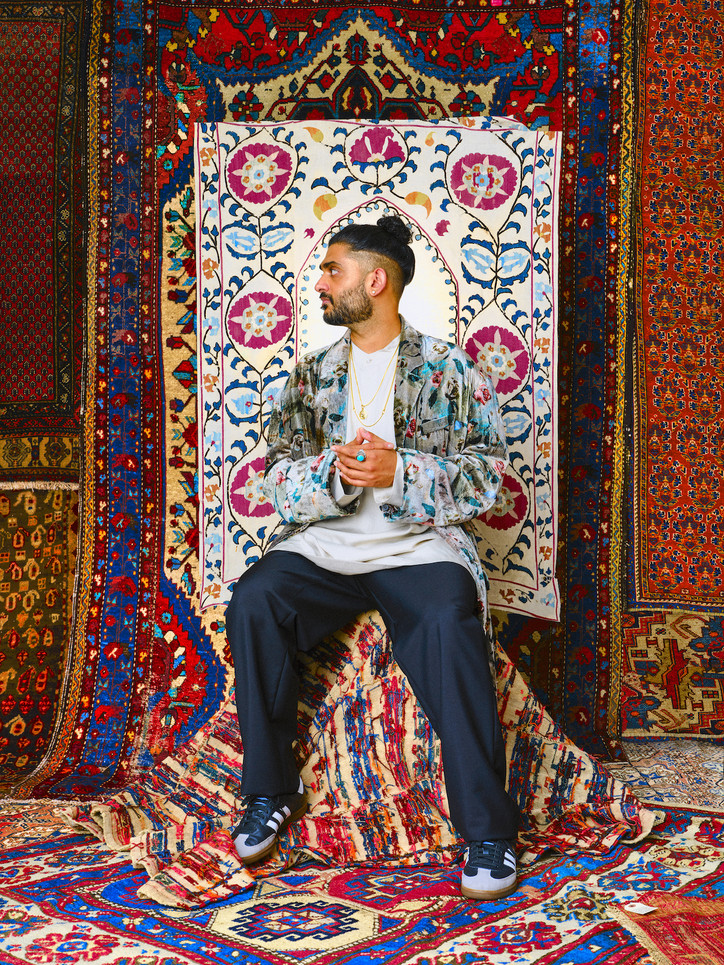
Speaking of intuition… when performing you look like you’re in a flow state: your eyes roll back at times and you have these erratic movements. What’s going through your mind and body when you’re up on stage?
When I'm on stage – and in the state of flow – the only thing that matters to me is being hyper-present to the point of mentally checking out. So it comes back to this idea of taking my mind out of the equation and becoming an empty vessel that is accessing and channeling something that some people would say is “the divine,” a greater power or whatnot. Some people just straight up say God, which is what I would tend to say. And when I hit those points of channeling, there are these intense waves of emotion or energy. When those really hit, those are the points where the eyes roll back and the body moves in convulsions. I feel like I'm elsewhere hovering above the ground. You're not thinking about what people think about you. You're not thinking about anything. You're there to allow the spirit of the energy to move through you.
Truth be told, I don’t think I’ve ever experienced flow but I know it’s not uncommon for athletes, artists, and performers to be able to tap in. How are you accessing that? Where does it come from?
My first conscious memory of it was when I was like seven or eight. Admittedly through the years they've been more fleeting rather than sustained. I think that comes from whatever karmic hangover I had from past lives where I entered this world with a certain kind of ability or perspective. It was something that was given to me so I treat it as a gift. I can’t say I'm the one that's making that happen. My job over the years has been rigorous practice such that I can find ways to sustain those moments. The source point, the sparks – those have been there my whole life. To take that and extend that outwards and make it a sustained experience both for myself and whoever is in the room with me has been a question of putting in the work every day.
It’s like a muscle that you’re training.
Straight up.
You have millions of Tamil- and Telugu-speaking fans around the world and now a growing English-speaking fanbase. What do you hope they’ll take away from this album?
I made sure not to try and predict how anyone is going to take this in because we didn't make it thinking about the people that are going to be listening. We made it as a pure form of emotional and creative expression. With that said, my hope is that folks that have been my fans from Indian film music… My hope is that it triggers or opens up some sort of an emotional valve in them because when you listen to something that feels like a new experience it has the potential to molecularly change the way people feel, and thereby, think. That's my hope. I listen to music from other cultures all the time where I don't know what they're saying, but it still hits me in an emotional way. I believe that there's a certain universality to this music.
For new fans, there's going to be a certain sense of representation that’s already happening and I’m very proud of that. My job is to be an artist that is unapologetically himself, you know? I said this at the end of my Roxy Theatre show a few weeks ago. I was specifically talking to all the brown folks in the room. You have the permission to be whoever you want to be and we haven't necessarily gotten that luxury so far because we've seen so little of us in popular culture. We feel like we have to adhere to this certain very narrow sense of excellence, but if there's anything I've understood from the process of making this album it's – and specifically talking to the South Asian diaspora–that you can make whatever you want to make and there's no need to have to fit some sort of stereotype or to be relegated to a very narrow sliver of identity and experience. That's what I want this music to do for my people.
My favorite track on your album is “Quiet Storm” – what are you saying in Tamil?
If you’re lost, can you find yourself?
This interview has been edited and condensed.


